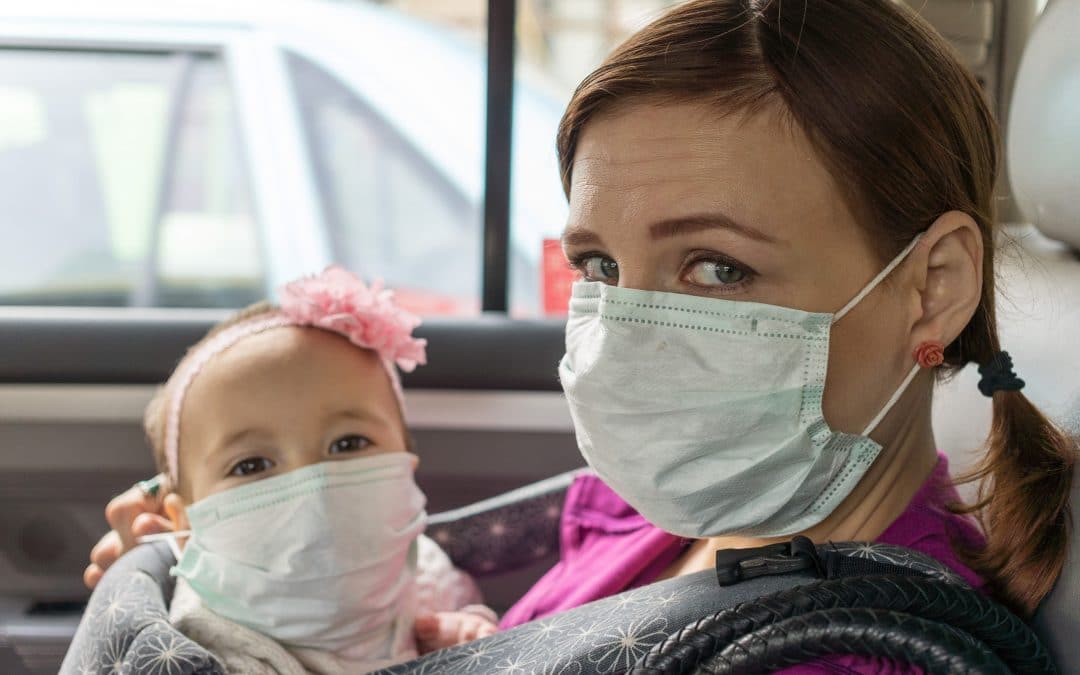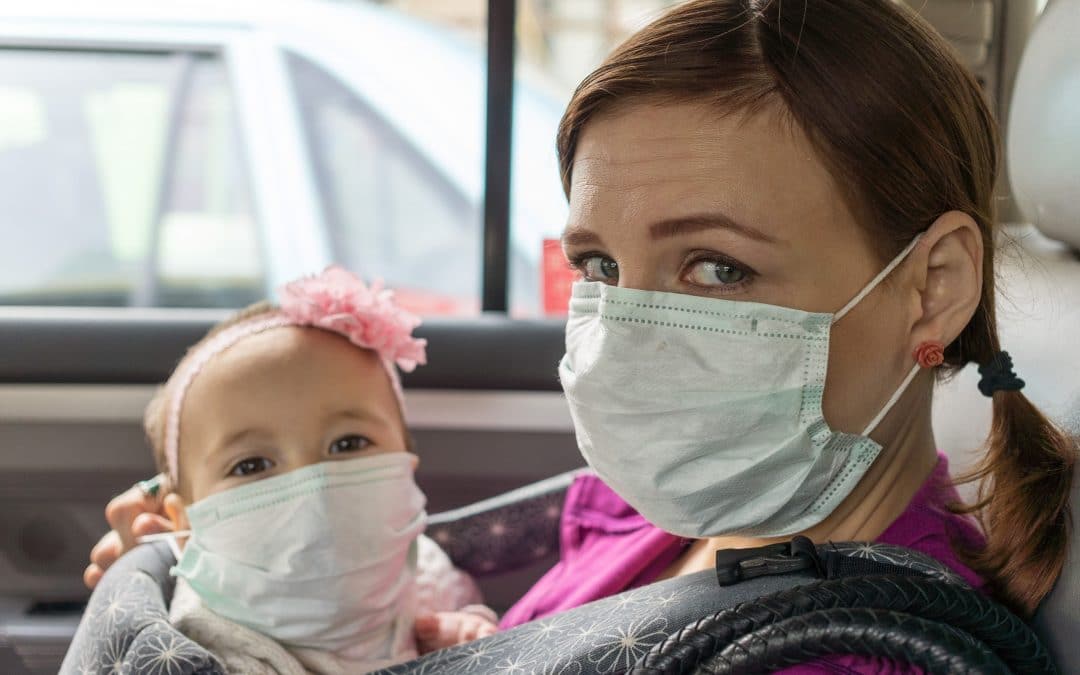
The Ground Rule of Crisis Communication
In our evolving Coronavirus (COVID-19 virus) crisis, school district leaders are front and center when it comes to leadership and guidance with regards to their constituencies, comprising teachers, students, and parents. As such, amongst their other crucial obligations in these trying times, they must conduct proactive outreach and consistent messaging.
The situation itself is producing increasing anxiety as it is both fast-moving and uncertain. The absence of timely and accurate information will more than likely exacerbate this angst. While many leaders are facing difficult questions to which they have no answer, they must nonetheless face their task with both honesty and courage.
Unfortunately, we find ourselves in a predicament that has created a situation known as crisis communication. As such, it behooves those tasked with such an awesome responsibility to be as knowledgeable and clear as possible regarding basic guidelines. This is a challenge that is way beyond the scope of online school psychologists, social workers or counselors, and needs to be tackled by administrators.
For starters, crisis communication demands that the leader communicate early and often with all of the key constituencies throughout the entire crisis. Even if the leader is still attempting to grasp the extent of the problem, it is critical to remain honest and open to maintain credibility with as much empathy as possible.
Transparency
Perhaps the number one rule for leaders in crisis is transparency. It is essential to be crystal clear as to what you know, what you don’t know, and exactly what you are doing to learn more.
Hiding bad news from their constituencies is practically reflexive in most organizations. However, thoughtful leaders understand that speaking up early and truthfully is the best strategy in a crisis that is moving quickly, such as the current predicament we are in with Coronavirus.
Aside from honoring the right of the affected constituencies to full disclosure, from the standpoint of retaining trust and a solid reputation, transparency is the best policy as well. Sharing bad news openly is the most effective insurance to maintain a strong reputation over time. It is the irreplaceable foundation needed to instill confidence in your commitment to solve the problems that still await confrontation.
It is only once people have accurate information that they can trust, that they can turn their attention and devote their skills to imagining and developing creative solutions to the problems, whatever they may be. Resist the temptation to manufacture an aura of false confidence that all is well, be straight, absorb the pain, and get to work!
However, it is vital to keep in mind that transparency cannot exist unless there is psychological safety, an atmosphere where people can ask questions, voice their concerns, and share their ideas without fearing personal consequences. The need for psychological safety holds particularly true in the highly charged atmosphere of a crisis.
It takes courage and wisdom to choose transparency. It would be best if you let others speak, even when it is painful. The reward for soliciting their input is the realization that there is probably no better way to find the optimal solutions. In a situation that will involve entire schools within the district, more comprehensive solutions are needed. Online mental health therapy while helpful for the individual just won’t be enough.
Centralized Communication Requires Teamwork
Whereas decentralized communications are undoubtedly understandable and often preferred in complex organizations such as school districts, emergencies demand the formation of a crisis-response team. In the current coronavirus crisis, this is already happening: President Trump appointed Vice President Pence to head up the national effort. Many universities have already created task forces as well.
In a continually evolving situation such as the one where we currently find ourselves, it would be best to create a nimble working group of district leaders who can bring diversely different perspectives to the crisis. This committee should be focused on assessing risk, coordinating efforts, and finding proactive measures worth the effort.
The group should be kept small, no more than seven people, to better facilitate quickly moving into action. Consider including the superintendent, communications lead, operations lead, student services lead, district attorney, and partner-organization representatives or community experts. Aside from being the instruments to determine and guide the response, the members can be critical spokespeople to others.
The group should meet regularly to monitor how the crisis continues to evolve. They should be the authoritative source of information and provide regular updates to the various constituencies whom they represent. It is essential for them to explain as succinctly as possible, what they know, what they don’t know, and the commitment to fill in the blanks that are missing.
Core Messaging Must be Clear and Consistent
Your messages need to be clear and consistent across all communications and outreach channels. There is perhaps no better nor quicker way to lose trust and confidence than to put out messages that are inconsistent and contradictory. Your constituencies need you for information, and you need your constituents to trust you.
Seize the moment!


